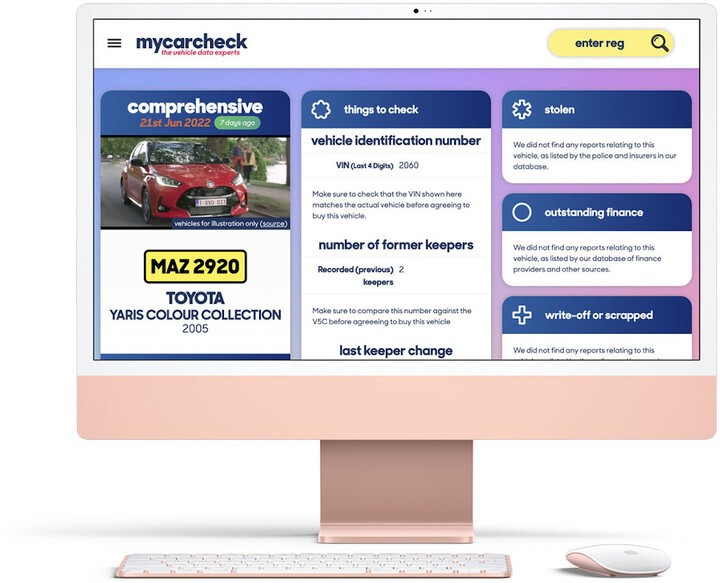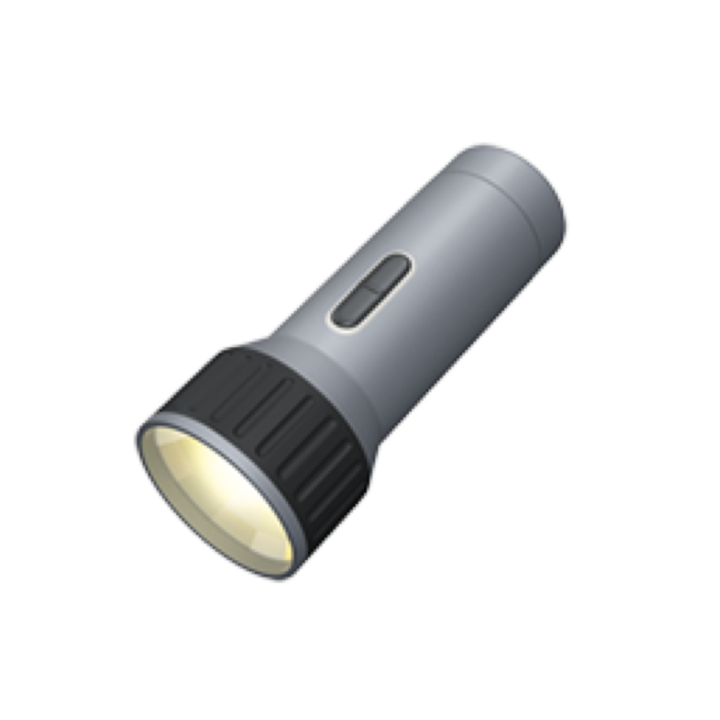
why the car price is so important
FREE Car History Check
See MOT history, valuations, detailed specs and more… AND upgrade to see if any vehicle has been stolen, has finance or has been written off from just £4.99
At any one time, a car will have more than one price. Or, more accurately, value. On a forecourt, it will have numbers in the windscreen indicating what the sales person would like a customer to pay. It will have had a different value at the time the previous owner traded it in, perhaps as part payment against his or her next car. And had the previous owner decided to sell it privately rather than trade it in, the car would have had a different amount again for which he or she might have advertised it in a newspaper or dedicated outlet such as Auto Trader.
Each of these values is different, although there are industry figures available from companies such as Parkers, Glass’s, CAP and My Car Check which help position the price ranges. They indicate values of cars up for sale through a dealer, privately and what you might expect to receive as payment if trading a car in. They give value ranges for the various ages of vehicle, individual model variants and condition.
So why are these prices different? It is simply about commerce. A dealer will take your car in as part exchange against another usually newer car and in return will need to cover administrative costs and make some profit. Remember if the dealer will be putting your old car up for sale, they will also have to provide a level of warranty and therefore this differential is to help cover the risk of anything failing.
The important point is that knowing what your car is worth is an important bargaining tool. Whether you are buying or selling, it always helps to have a report from one of the respected industry valuations to hand. But remember, they are of course only guidelines and it doesn't stop either a buyer or seller haggling hard!
Looking at the cars running and ownership cost
You have saved-up for the deposit, you know what the personal contract purchase (PCP) plan payments will be, so that’s it, right? Of course we all know this isn’t quite the case although some purchase schemes do include elements such as insurance or servicing costs. But when budgeting, what are all the car-associated outgoings we need to consider?
Insurance
Whether you pay for this annually or by monthly instalments, it is likely to be one of the largest costs when running a car. Remember to check with different insurance companies (or use a comparison service) each year rather than simply renewing, in order to source the best deal. Usually there is a small premium for paying monthly rather than all at once.
Tax
Vehicle tax can be bought for six or 12 months, or monthly by direct debit. It costs more each year if paid by direct debit or for six months at a time.
Fuel
We know cars need fuel but how much will it cost? Doing a rough sum using your monthly mileage, the average consumption of the car (usually quoted as the combined cycle mpg) and the cost of your fuel will allow you to determine the approximate amount it will cost per month. For electric cars, you will have to understand the electricity cost from your provider for charging - per kilowatt hour (kWh) - and the manufacturer consumption figure (in miles/kWh).
Other fluids
It is rarer these days for cars to need oil adding between services but they may need an additional top-up if you do a higher mileage. Some newer diesel-engined cars also use an additive called AdBlue to help reduce nitrogen oxide (NOx) emissions which will need topping up every few hundred miles. It is also a legal requirement to have windscreen washer fluid, which tends to be used-up more quickly in the winter months when the roads are dirtier.
Servicing and maintenance
Most cars need servicing every year or at a fixed mileage such as 20,000 mile intervals, whichever comes first. These usually alternate between more costly major and cheaper minor services. Some items will be replaced at these services but remember other items such as tyres need to be replaced before they reach the legal minimum tread depth - and brake components or windscreen wipers as they wear out. Any items on the car which fail will also have to be paid for unless the vehicle is under warranty.
MOT
From three years old, cars in the UK require an annual test. This often coincides with a yearly service but will need adding to the annual budget when running an older car.
Parking and fines
If there is a charge for where you regularly need to park your car, you should also factor this into your budget. And while parking and speeding fines will never be incurred intentionally, they may on occasion cost the motorist money. Remember paying quickly usually reduces the fine amount.














